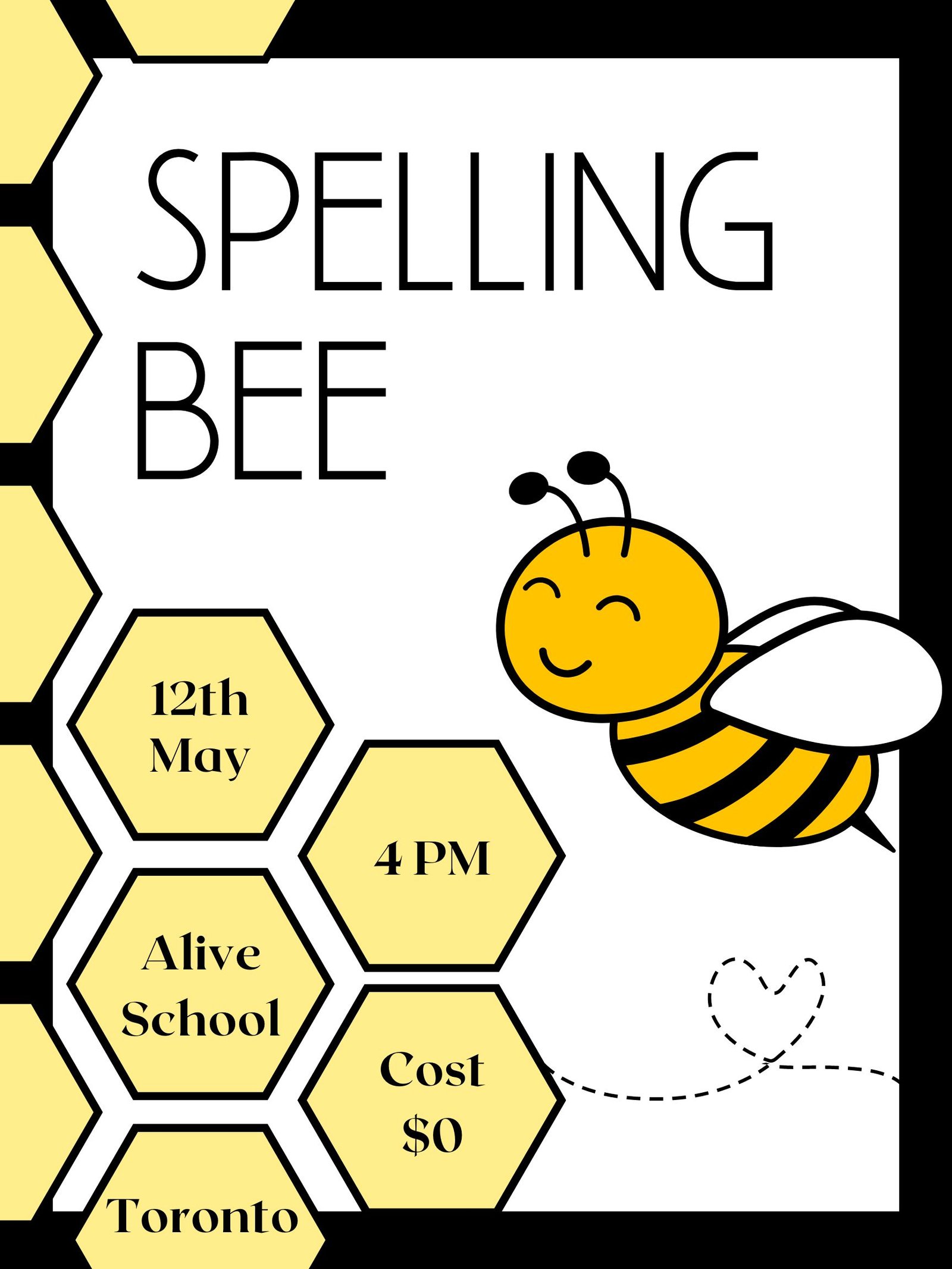We've opened up spots to book in-person tours!
Blog
Spelling Bee

Montessori education has been praised for its holistic approach to child development, which emphasizes hands-on learning and the development of self-motivation, independence, and creativity. One area in which Montessori education excels is spelling, a fundamental skill that is essential for success in reading and writing.
In traditional spelling programs, children are often required to memorize lists of words and rules. However, in the Montessori approach, spelling is taught through a combination of phonics and visual memory. Children are taught to recognize the individual sounds that make up words and to use their visual memory to remember the shape and spelling of each word.
Montessori spelling activities are designed to be hands-on and engaging, encouraging children to explore language in a natural and intuitive way. For example, children may use sandpaper letters to trace the shape of each letter while saying the corresponding sound. They may also use moveable letters to form words, building their understanding of letter-sound relationships and developing their fine motor skills.
Another important aspect of Montessori spelling is the use of real words and meaningful context. Rather than focusing solely on isolated words, children are encouraged to explore words in the context of meaningful sentences and stories. This approach helps children to develop a deeper understanding of language and to build their vocabulary and comprehension skills.
Overall, the Montessori approach to spelling is a child-centered, holistic approach that emphasizes active learning and meaningful exploration of language. By teaching spelling in this way, Montessori education helps children to develop a strong foundation in language and literacy, setting them up for success in their academic and personal lives.
